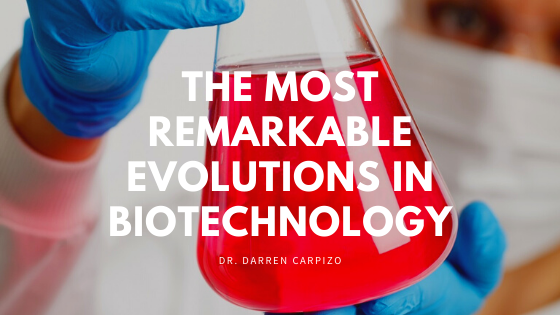Researchers make innovations in the biotechnology industry that can and will improve our lives through the research and use of organisms. Here are just four examples of exciting revolutions in biotechnology. More innovations are sure to come!
Bacteria That Eat Oil
Oil spills like that of BP in 2010 can leach millions of crude oil barrels into the ocean, wreaking havoc on the ecosystem. So far, our attempts at cleanup have fallen short, and permanent damage has occurred. However, the discovery of bacteria that eat oil at a breathtaking speed, breaking down molecules in the process, could help to clean up existing oil spills and prevent future spills from being catastrophic to plants, animals, and humans alike.
Lab-Grown Transplantable Organs
If oil-eating bacteria aren’t enough, how about the ability to grow human organs? Currently, more people need organ transplants than donors, so patients are added to transplant lists based on priority and other factors. Sadly, people can die before receiving a life-saving transplant. However, advancements such as CRISPR CAS-9 may allow researchers to safely grow compatible organs for human transplants in animals such as pigs or transplanting pig organs into humans.
Advanced Biofuels
Many Americans may be unfamiliar with the term “biofuels,” but they often use two of them, ethanol and biodiesel, every day. However, we may soon have more options, thanks to advanced biofuels that do not have a petroleum base. Instead, these biofuels are derived from sustainable materials such as sugar cane or feedstock. Consistent work in the industry has resulted in more than 800 million gallons of advanced biofuels with more yet to come. Scientists hope that these advanced biofuels can eventually replace gasoline, diesel, and jet fuels.
Man-Made Meat
Researchers aren’t just working on growing human tissues in the lab! They’re also looking for ways to respond to a growing demand for meat. One such solution is to build it in a lab. If we’re able to replicate these meat cells in the lab, we can ensure that everyone has enough to eat and move us away from dependence on animals for nutrition. Considering how cattle contributes to climate change, this evolution can revolutionize the world.


